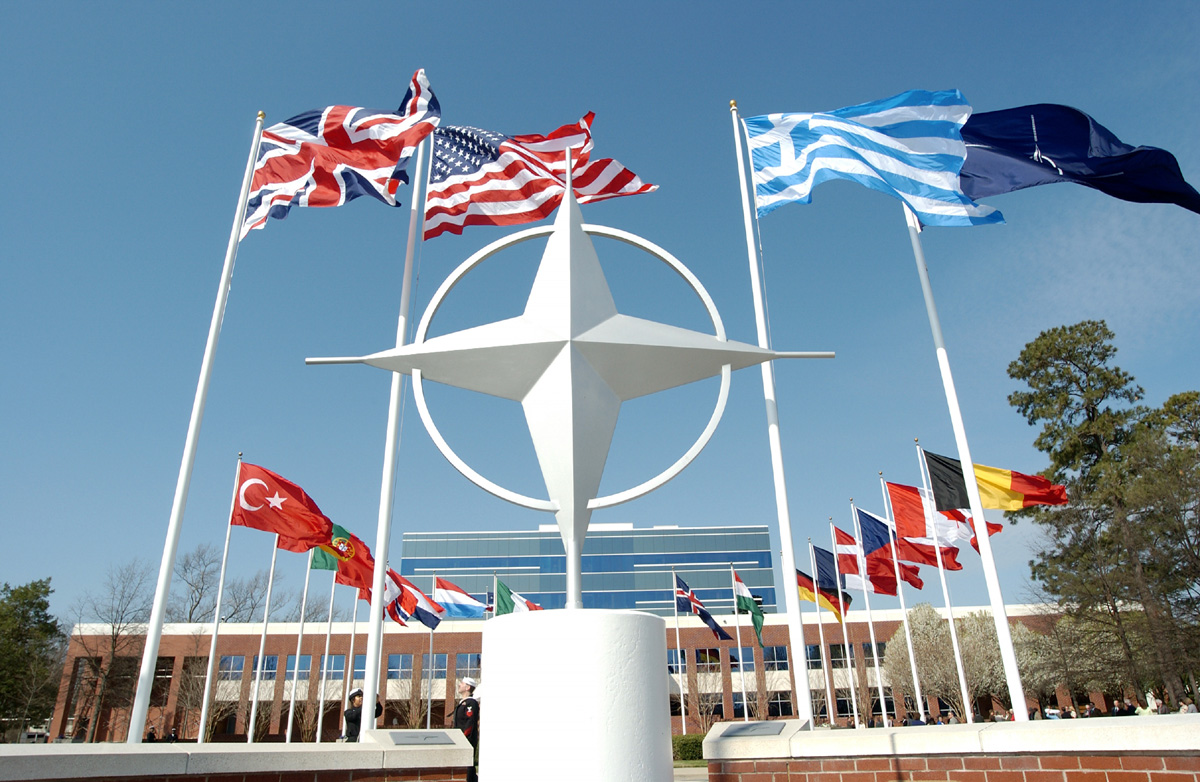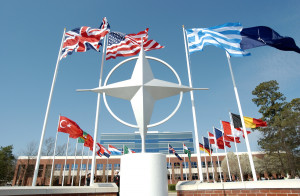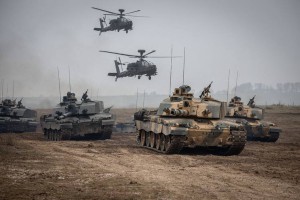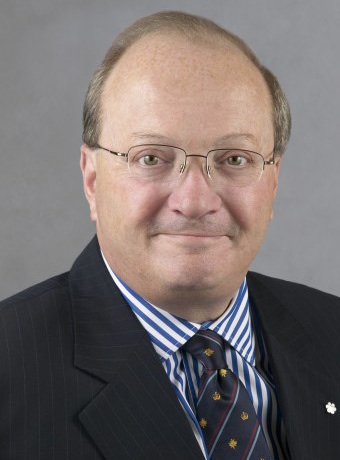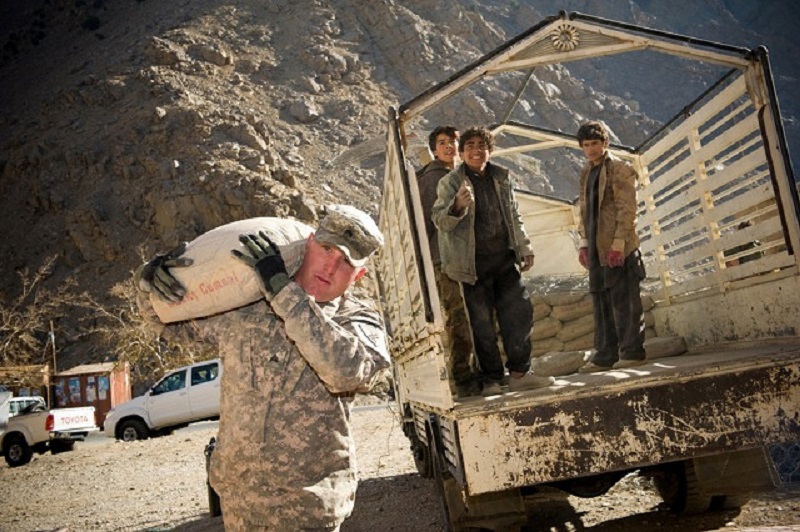Since the end of the Cold War military spending in most western European nations has gone down. In 2011, the Netherlands disbanded its tank fleet in the wake of cuts to its military budget, Germany’s defense budget is shrinking and the British defense cuts could leave the armed forces at its smallest in 250 years. The NATO Summit in 2014 came to the conclusion, that only 4 out of the 28 countries are keeping their commitment on military spending. What is the reason for the reduction in armed forces throughout Western Europe and what effect will it have on NATO?
The current economic crisis plays an important role when drafting the budget across Europe. Since the social security and welfare system costs have increased greatly since the end of the war, many governments have been looking to cut spending elsewhere, following the fall of the soviet union, many have advocated a slash in defense spending, arguing that a large standing military is not a necessity anymore. Some countries have even fundamentally reformed their armed forces, such as Germany which abolished conscription in 2011. Support for the forces is also not as high amongst the population as compared to the US for example, so cutbacks in military spending are usually not met with protest, while cuts to welfare prove very unpopular.
Many military officials and advisors have been criticizing this trend. Lt. Col. Andre Wüstner of the German Bundeswehr told defense news: “You have to keep it ready, and [maintain] a modern armed force. Politics needs to understand: You cannot have this free of cost. Freedom and security come at a price”. Politicians are however reluctant to change course, since growing the military proves unpopular both at the moment with the public and in many parties. Despite the criticism form their own military and NATO officials, defense ministers from around Europe support the cutbacks, arguing that they are simply allocating resources more efficiently and that there would be no negative impact on performance and effectiveness of the armed forces.
Another factor is the development of new military technology and its purchase for European armed forces. Many countries are looking to add or increase the number of drones and integrate them into the standing army. The costs for these projects have however been increasingly high and many difficulties with operating them have occurred, making military drones increasingly unpopular. As a result there is an overall reluctance by governments to invest in military projects and evolve the armed forces.
In addition to a decrease in military spending, another force that will affect Europe’s commitment to NATO, is the public opinion of the military alliance and its commitment to the defense of its fellow nations. In Germany public approval of NATO went down from 73 percent of the public in 2009 to 55 percent by 2015. In Turkey the public approval of NATO is at 23 percent although the Turkish government is asking for support from NATO allies in its border defense against ISIS. More important is the public support for the eventuality of the initiation of article 5. In Germany, Italy and France more than half of the population are against their country using military force to aid an ally under attack. Particularly the Ukraine crisis seems to divide Europeans over NATO, as only 36 percent of the German public are for Ukraine entering NATO, other Nations have a median of around 40 percent support.
As NATO faces an ever present threat of Islamic terrorism from ISIS and expansionism from Russia, the commitment of individual Nations to the military alliance is being put to the test. With European Nations continuously disarming and NATO’s popularity continually in decline, the biggest threat to collective security, might not be a terrorists group or a rogue tyrant, but decay from inside and a failure of commitment.

